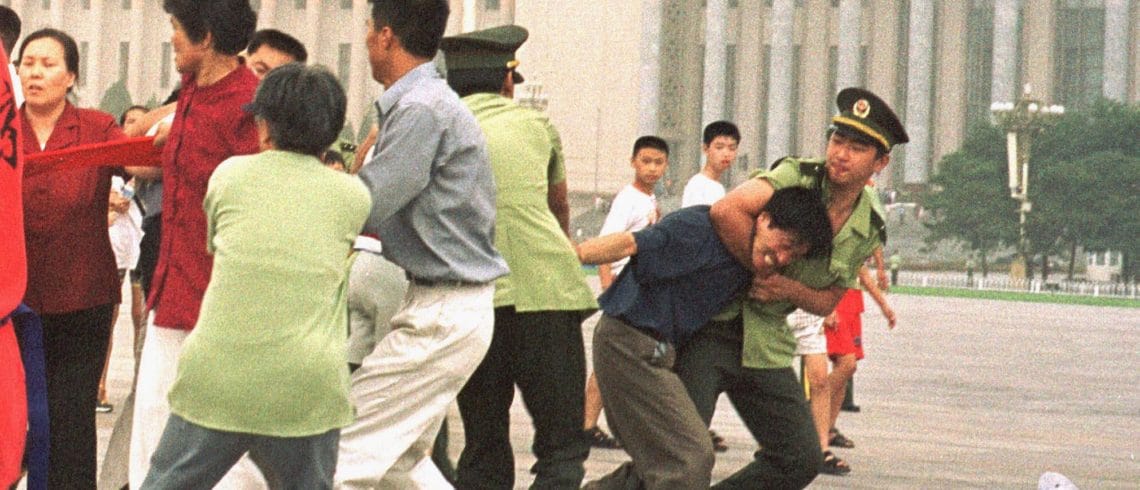
Why is Falun Gong persecuted in China?
The ancient meditation practice of Falun Gong (also known as Falun Dafa) was introduced to the public by Mr. Li Hongzhi in 1992 and became popular in China throughout the 1990s. By 1999, more than 70 million people had taken up the practice. Its core principles of truthfulness, compassion, and tolerance were growing in the hearts of the Chinese people, and news articles about practitioners’ kind and even heroic acts began popping up around the country.
So why, on July 20, 1999, did the regime begin to violently target Falun Gong? There are three main reasons: The size of its following made communist leaders fearful of losing control of the people’s hearts and minds. Its guiding principles were not compatible with communist ideology, which the Party had forcibly imposed on the Chinese people during the Cultural Revolution. In addition, certain communist officials saw Falun Gong as an easy target and used its vilification as a tool for their own political advancement.
WIDESPREAD POPULARITY
China’s State Sports Commission estimated that at least 70 million people were practicing Falun Gong in 1999. This outnumbered the membership of the Chinese Communist Party (CCP) at the time, a fact that didn’t sit well with Party leaders.
OUTSIDE COMMUNIST CONTROL
Communism is an authoritarian ideology, an “all or nothing” proposition. Its goal is to control all aspects of public and private life, including religion and spirituality. In China, churches, temples, and even health practices are allowed to operate only under the control of the CCP, but Falun Gong operates independently of communist thought and control. Party leaders could not tolerate such independence.
The vast difference between Falun Gong’s tenets and the CCP’s ideology, which is officially atheist and Marxist, was another factor some in the upper echelons of the Party could not tolerate. Falun Gong conveys belief in the existence of Buddhas, Daos, and gods and the conviction that anyone can reach a divine realm through self-refinement. Thus, some Party leaders saw Falun Gong as being in conflict with Party ideology. They also feared that Falun Gong’s strong moral code undermined the Party’s violent, Leninist tactics for controlling society.
ONE MAN’S POLITICAL MOTIVATIONS
According to Minghui.org, which gathers information on the persecution, then-Party leader Jiang Zemin personally launched, planned, and executed control over the campaign, even though members of the politburo advised him not to do so. By all accounts, he was incensed by Falun Gong’s immense popularity and saw it as undercutting his own legacy. He expected to eradicate the practice within three months after the start of his campaign.
Jiang also saw an opportunity to boost his authority, China experts say. By painting Falun Gong as an enemy of the state, Jiang hoped to mobilize the country into a struggle, with himself at the helm, and thereby consolidate power. In a July 2000 article, then-CNN senior China analyst Willy Lam wrote that Jiang “seems to be using the mass movement to promote allegiance to himself.”


